IDEA
School of Information, University of Michigan Making programming accessible with every Intelligent Developer Experience.
Welcome
Welcome to the IDEA (Intelligent Developer Experiences for Accessibility) lab directed by Prof. Venkatesh Potluri at the School of Information, University of Michigan. We make developer tools and experiences accessible. We ensure that the human experiences we create using technology, and the tools that are used to create technology are accessible to people with disabilities. Learn more about our evolving mission, how we develop impactful “ideas”, and how we realize them.
Our mission
All of computing is human-facing at its core. Yet most human experiences interfaced by computing and digital technology exclude people with variations in ability. We believe that empowering people with disabilities with the right set of tools and opportunities to lead technology creation will naturally make technologies, and the human experiences they facilitate useful for and usable by everybody.
What do we do?
We investigate accessibility gaps experienced by people with disabilities that prevent them from building technology-powered human experiences. We design, develop, evaluate, and deploy IDEAs that increase access.
What are IDEAs?
An IDEA stands for Intelligent Developer Experience for Accessibility. We think of these as units of the impact we make on the world. IDEAs can take several forms; these could be deep qualitative and ethnographic investigations, large-scale data driven studies, design of prototype systems demonstrating new “programming” experiences, and deployment of real-world tools. Here are a few examples:
1. New interactions for accessible programming
2. Real-world systems to improve developer tools
CodeWalk, a set of features that we developed to make collaborative programming activities inclusive to BVI developers has been released as a set of features in VS Code LiveShare. The video segment below highlights this feature. This microsoft learn article details our audio design.
3. Qualitative and empirical investigations
Please refer to our publications for examples of qualitative and empirical investigations.
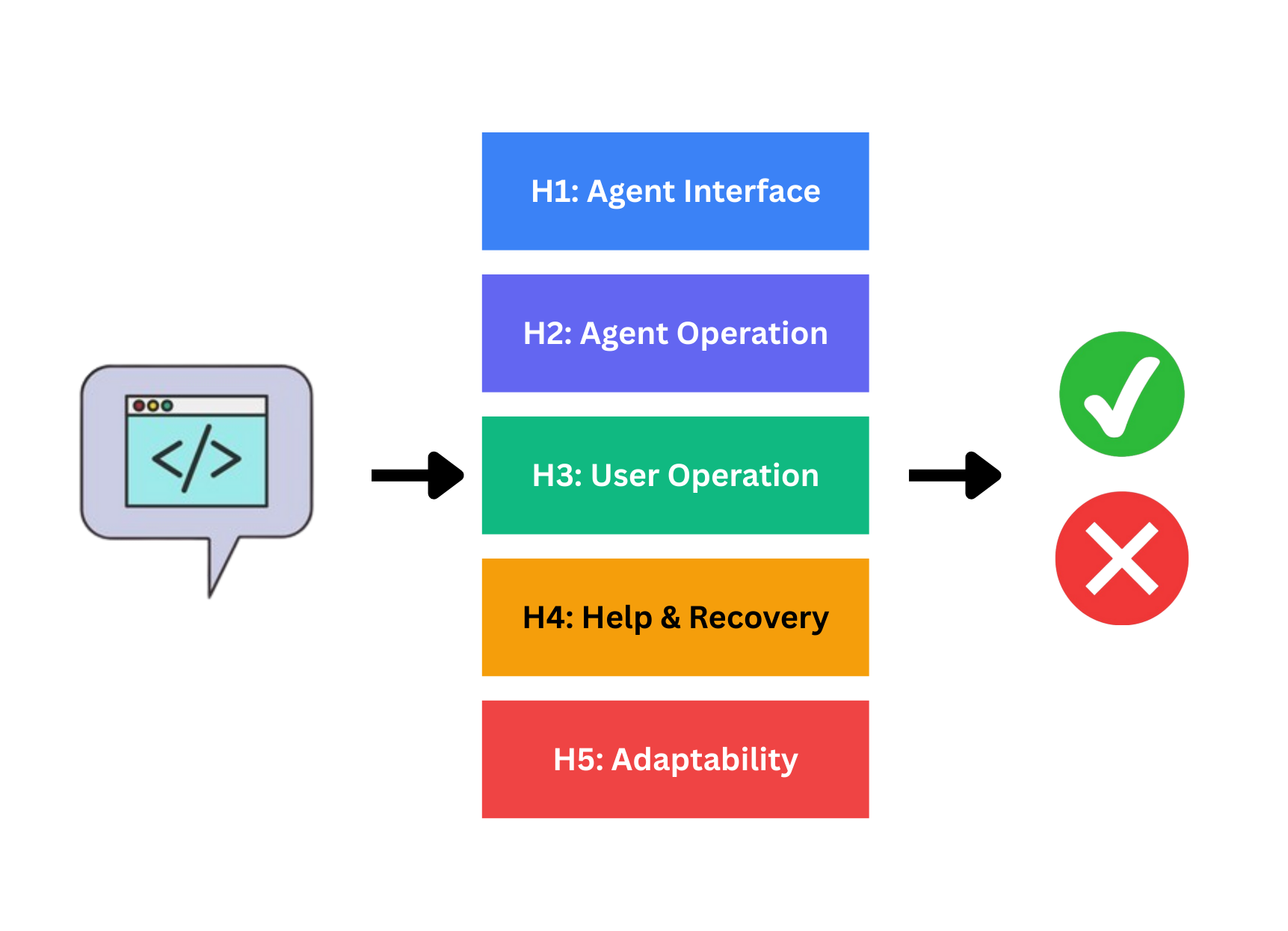
News
| Aug 30, 2025 | IDEA Lab will be at Assets! Shalini will be presenting a poster on accessibility guidelines for VibeCoding interfaces, Ellie will be presenting a paper on embroidered tactile graphics with her collaborators at UW, and Veronica will be presenting a poster on an auto-ethnographic account of a neurodivergent professional with her collaborators. |
|---|---|
| Jun 06, 2025 | Kai Nylund will be presenting our paper on MatplotAlt at Eurovis2025! |
| Mar 12, 2025 | Venkatesh presented about accessibility of flowcharts at the 40th CSUN Assistive Technology Conference with Brianna Wimer, Frank Elavsky, and Jennifer Mankoff. |
| Sep 30, 2024 | Venkatesh Potluri shared his expertise on the accessibility of the research process at the Arxiv Accessibility Forum. |
People
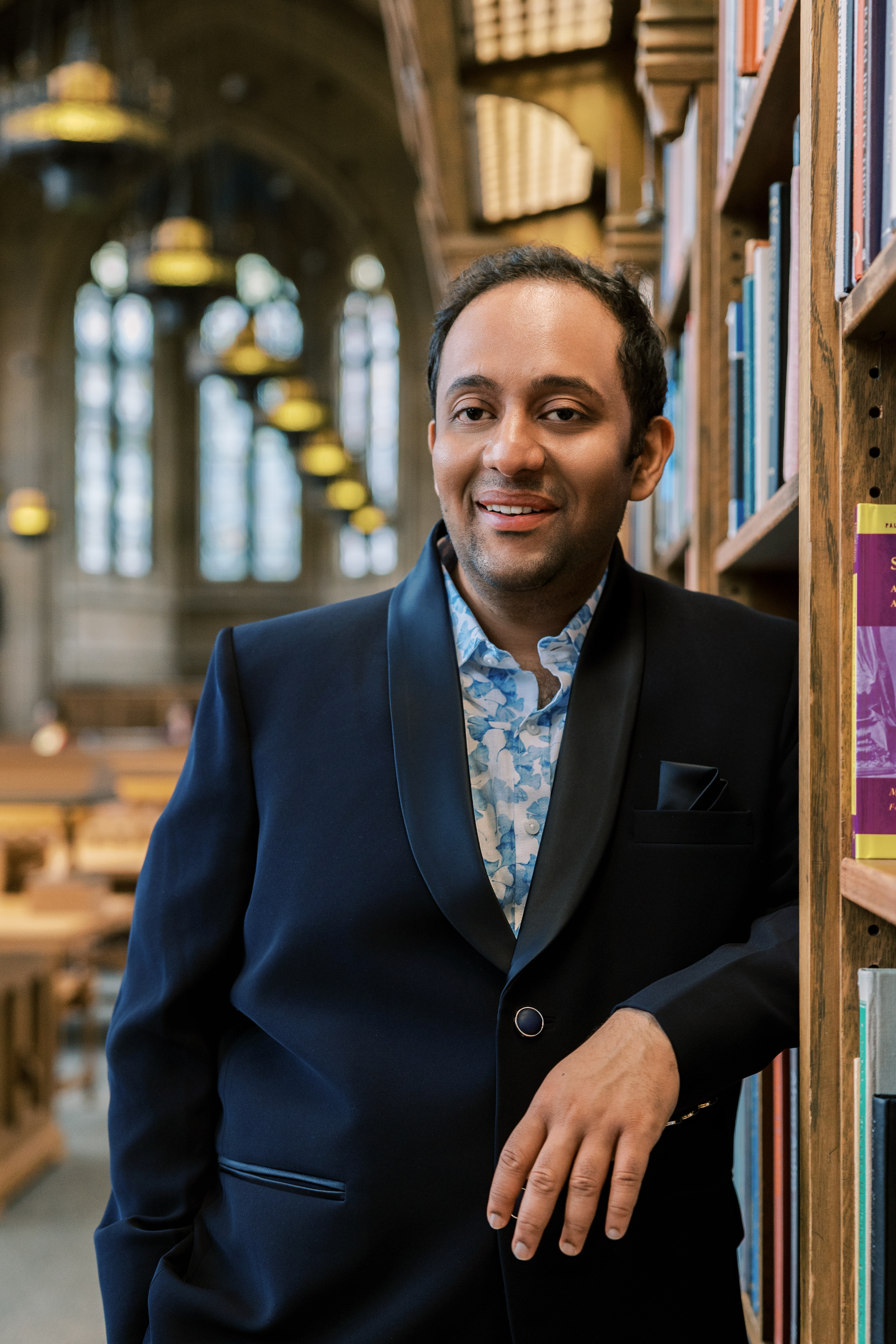
Assistant Professor of Information, University of Michigan
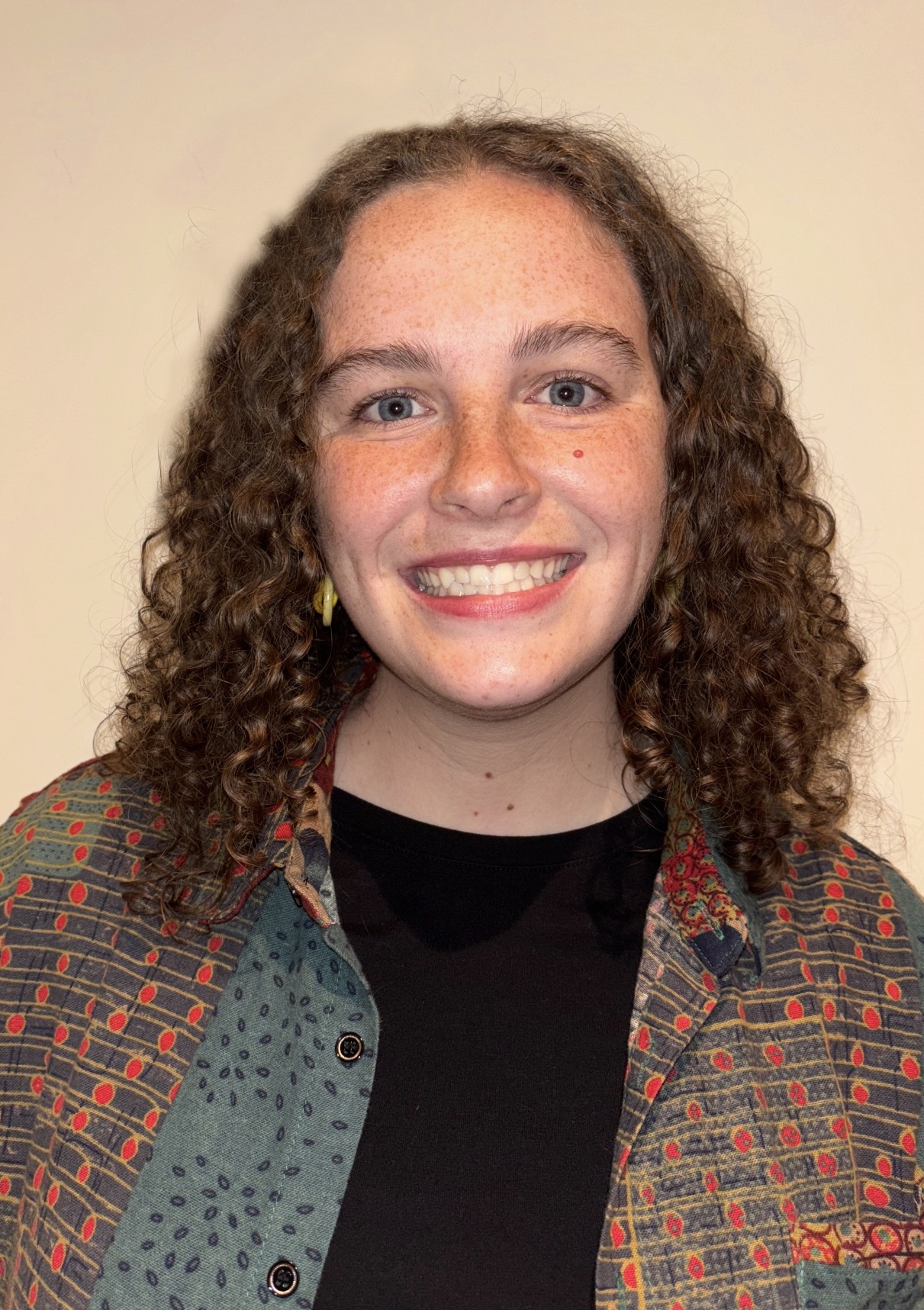
PhD Student in CSE (co-advised with Anhong Guo)
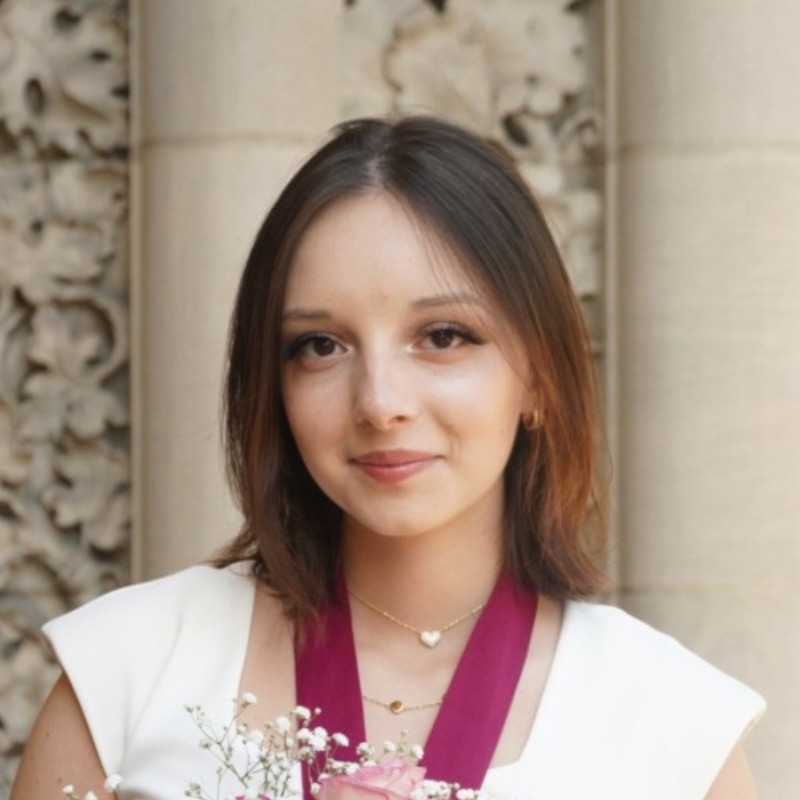
PhD Student (co-advised with Dhruv Jain)

Student Researcher, MSI
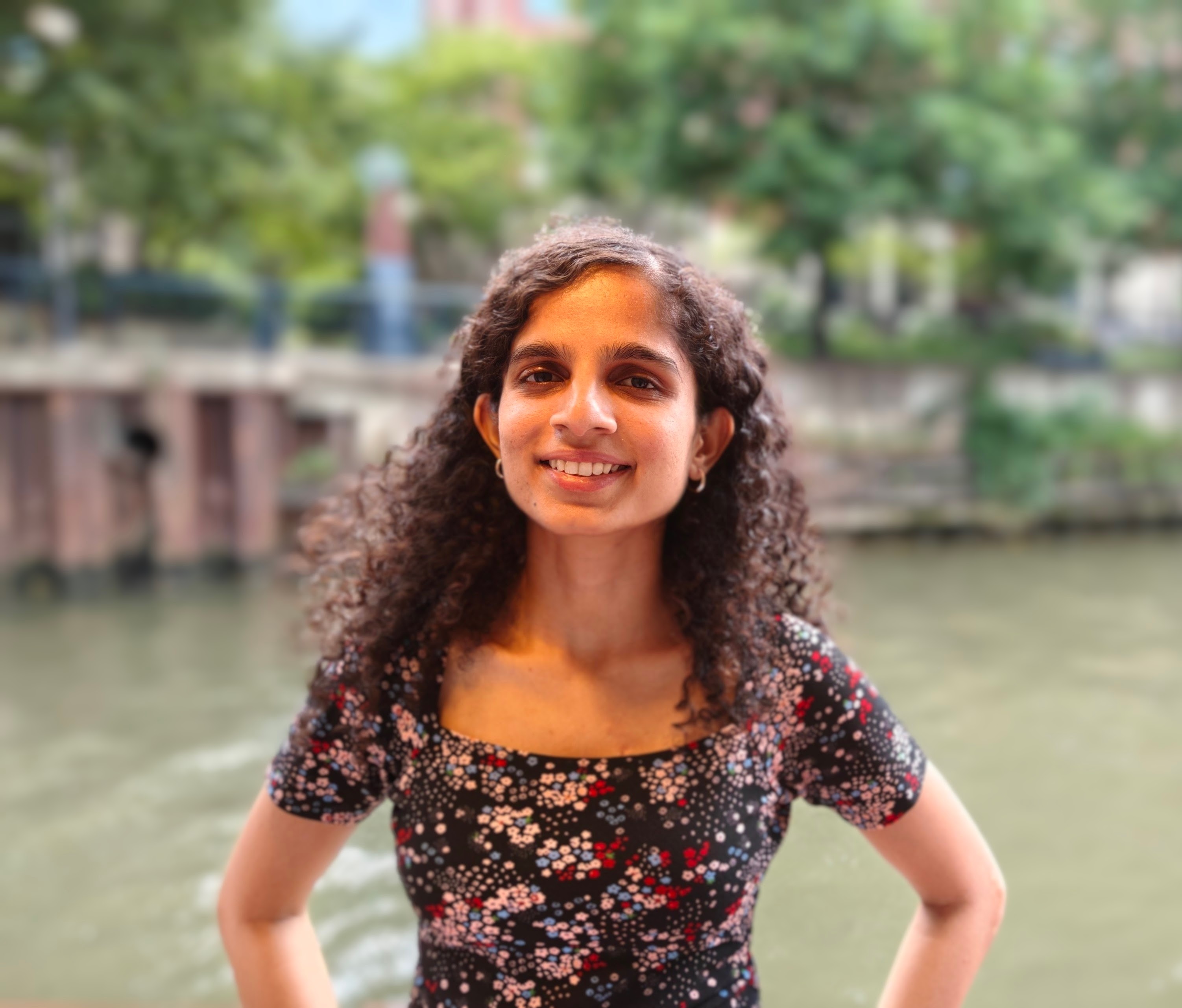
Researcher, University of Michigan

Research Assistant
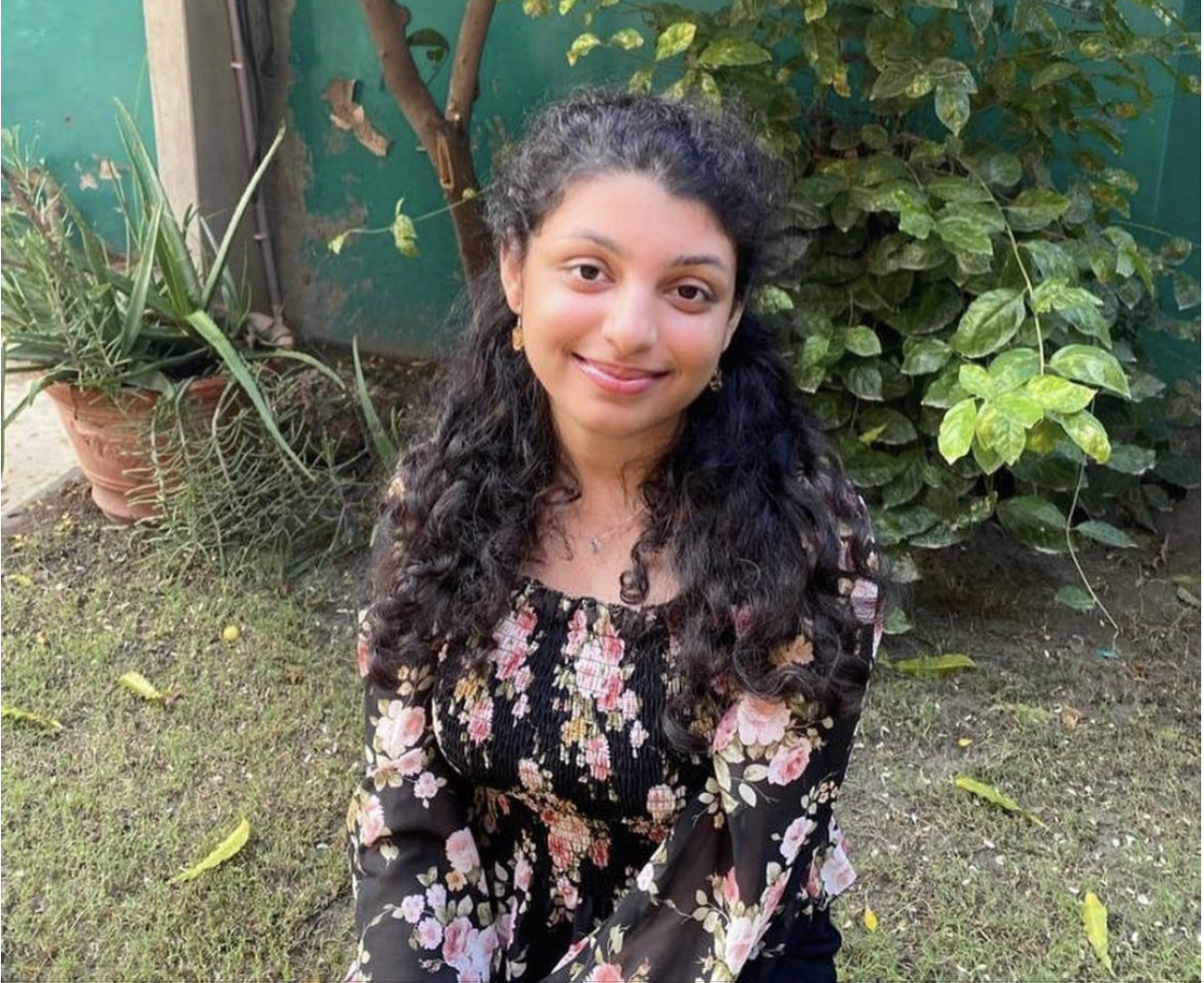
Student Research Assistant (Jun - Aug 2025)
Selected Publications
2025
2023
- Notably Inaccessible – Data Driven Understanding of Data Science Notebook (In)AccessibilityIn Proceedings of the 25th International ACM SIGACCESS Conference on Computers and Accessibility, New York, NY, USA, 2023* Potluri and Singanamalla contributed equally to this work.